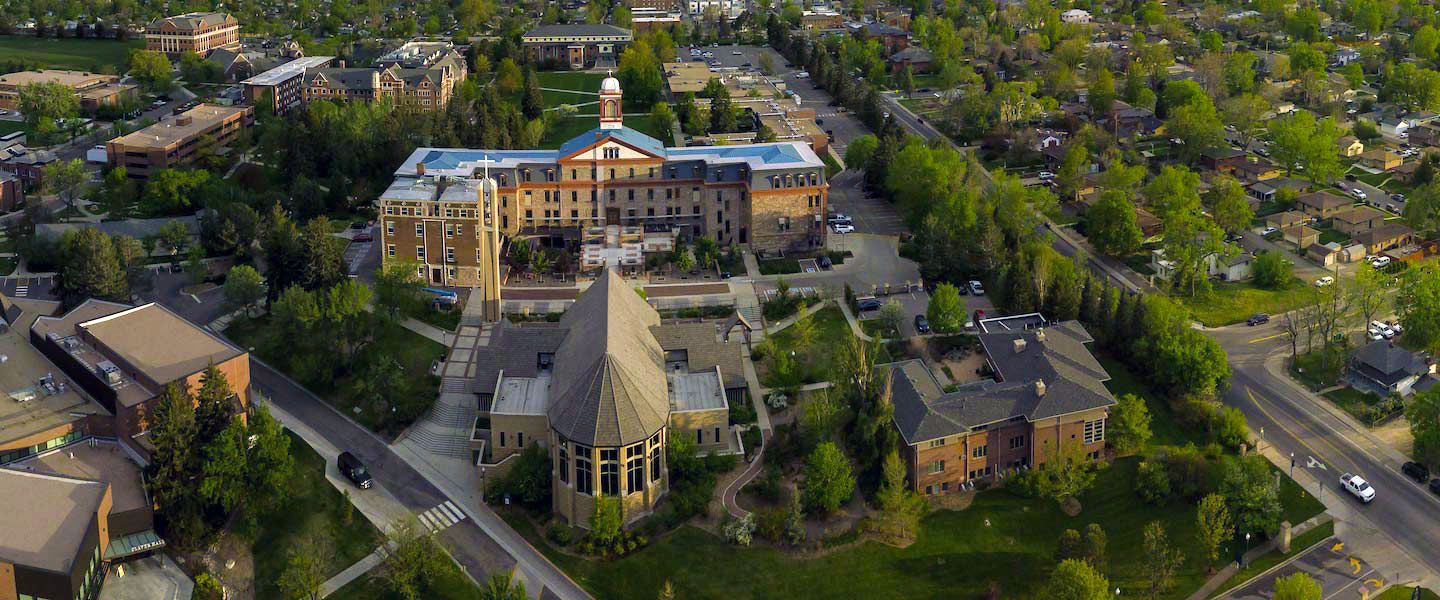Student Loans for First-Year and Transfer Students
Education is an investment in your future, and one way many individuals choose to fund that investment is through carefully considered borrowing. When managed correctly, an educational loan can be an invaluable tool in financing your Regis University education.
Of course, since all loans must be repaid, you should explore all of your options and only borrow what you absolutely need.
Federal Direct Student Loan
Undergraduate students who are eligible to complete a Free Application for Federal Student Aid (FAFSA) may qualify for federal direct student loans. There are two kinds of loans:
Subsidized is a need-based loan. You must demonstrate financial need based on your FAFSA to qualify, and the government pays interest on the loan while you are enrolled at least half-time in your degree program.
Unsubsidized is not a need-based loan. Unsubsidized means that interest is accruing on the loan while you are in school, and you are responsible for the interest from the time it is disbursed until it is paid in full.
How do I apply for a Federal Direct Student Loan?
Complete the following steps to apply for a Federal Direct Student Loan. Once these steps are complete, review Regis' aid disbursement process and schedule.
- Complete a FAFSA and include Regis University’s School Code (001363).
- After completing your FAFSA, you will be notified via email when your financial aid offer letter is available on the Ranger Portal. You will be able to accept whatever portion of the loan you wish to borrow through the Ranger Portal.
- All new loan borrowers at Regis University are required to complete Entrance Counseling and sign the Master Promissory Note.
- You must be enrolled at least half-time (6 credit hours towards your degree program or more) each semester.
Origination Fee:
A loan origination fee is deducted at disbursement of each installment of the loan. For loans first disbursed on or after Oct. 1, 2020 and before Oct. 1, 2023, the fee is 1.057%.
Interest Rate:
For loans borrowed during the 2024-2025 academic year: 6.53%
How do I repay a Federal Direct Student Loan?
You're not required to make any payments while in school. Repayment begins six months after you graduate, withdraw or drop below half-time enrollment. Payments are made to your Direct Loan servicer each month. The minimum payment is $50, but that amount will likely be higher depending on the total amount borrowed.
The standard repayment period is 10 years but can be as long as 25 years depending on total borrowing and chosen repayment plan.
Private Educational Loans
Private educational loans can provide funds to assist you in meeting the cost of your education when traditional financial aid and your own resources do not cover all educational expenses. These loans may be more expensive than the federal student loans and we encourage you to consider these funds AFTER you have exhausted all financial aid and federal loan options.
You can visit Elm Select and select Regis University to compare different private student loan options.
Additional Resources
It is important that you borrow responsibly. Consider your expenses, your budget and only borrow what you need. The Consumer Financial Protection Bureau (CFPB) provides tools to help students make good decisions about student loans and to investigate any issues encountered with borrowing private and federal student loans.
An online tool, the Student Debt Repayment Assistant, helps navigate student loan repayment options. Loan information is also available at consumerfinance.gov. CFPB staff can be contacted at 855.411.2372 or consumerfinance.gov.


